The 2017 Cassini flyby allowed Earth-bound scientists to collect data to determine the weight and age of the planet’s rings.


Plans for a European base on the moon have taken a major step forward.
The European Space Agency revealed it has signed up rocket maker ArianeGroup to develop plans for a moon base that could be used to mine material from the lunar surface.
The project will ‘examine the possibility of going to the Moon before 2025 and starting to work there’ — and could trigger a new space race as countries rush to harness lunar resources.
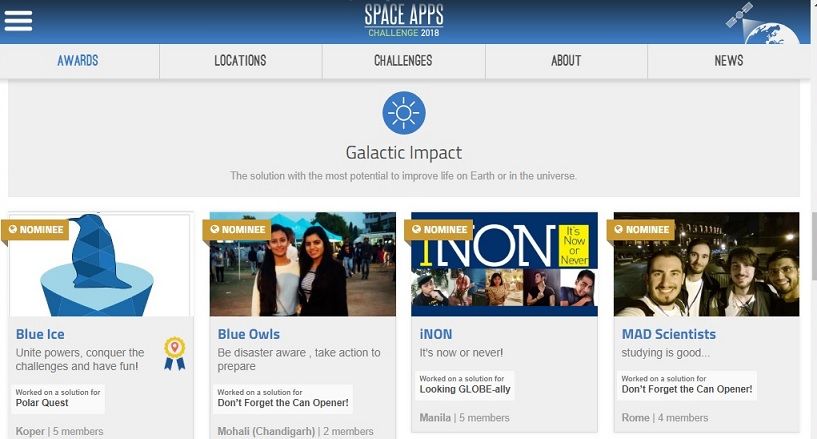
This is the first time that an entry from the Philippines has made it to the global finalists. http://verafiles.org/articles/filipino-it-experts-hope-nasa-…lenge-winn #SpaceApps #SpaceAppsPH
Filipino Information Technology enthusiasts are hoping that the temporary reopening of U.S. government operations after a 35-day shutdown would pave the way for the announcement of the winners in the NASA Space Apps Challenge, where one of the finalists is an app developed by a group of Filipino IT experts.
The announcement of the winners in the global competition was supposed to have been made in mid-January but has suffered a delay due to the federal government shutdown caused by a standoff over border security.
The shutdown, which began last Dec. 21, ended on Friday after U.S. President Donald Trump signed into law a funding measure that will allow the reopening of government operations until Feb. 15.

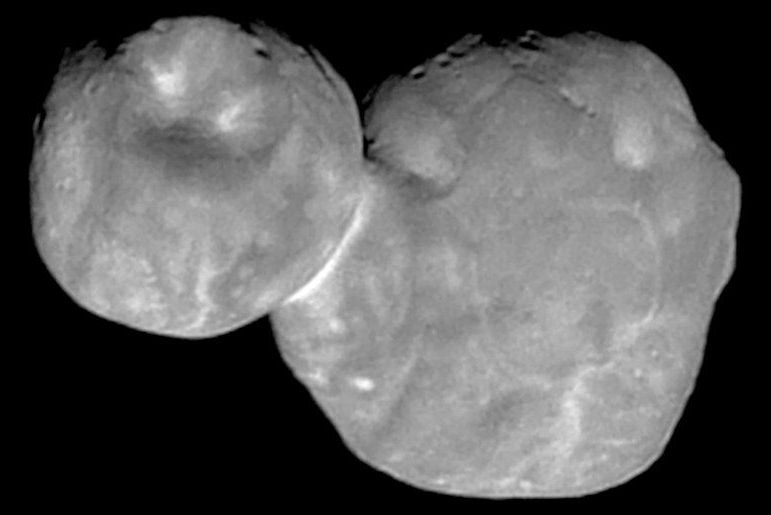
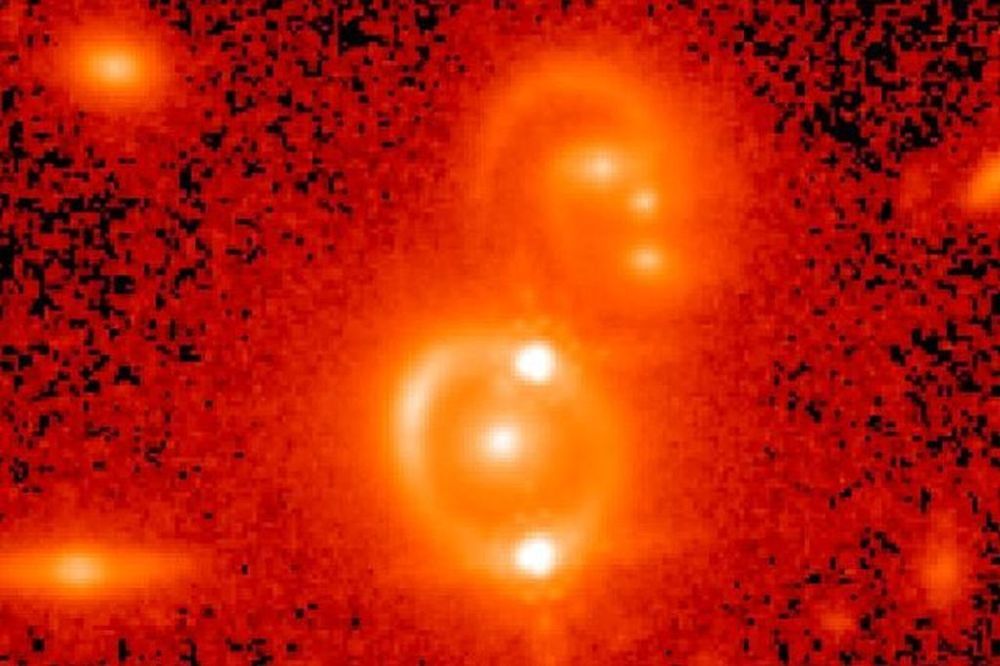
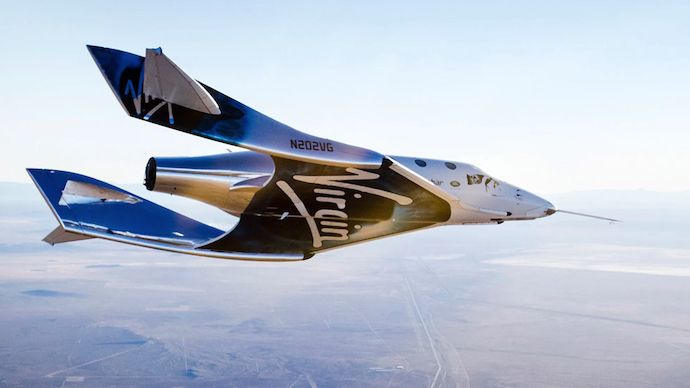
Virgin Galactic founder Richard Branson aims to fly to space on the first-ever commercial SpaceShipTwo flight in mid-2019.
On Thursday, Branson spoke about SpaceShipTwo on the CBS This Morning TV show, and how Virgin Galactic is collaborating with Under Armour to equip future astronauts with proper space attire and footwear, SpaceNews.com reported. During the interview, Branson said Virgin Galactic is conducting additional tests for the first commercial SpaceShipTwo flight, which is expected to take place later this year.
How soon do you see people in space wearing an @UnderArmour outfit?
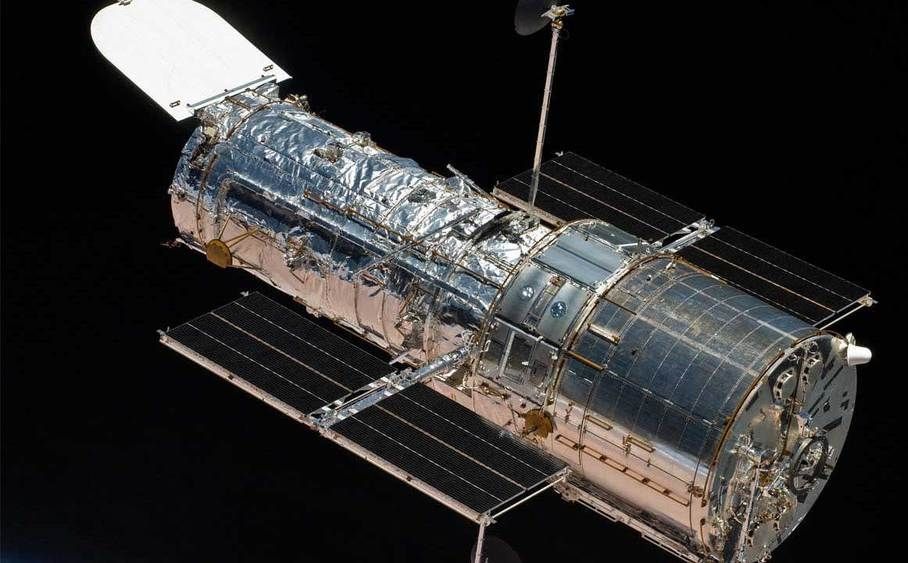
The Hubble space telescope has been in space for many years now. Of late it has had some challenges, including one that left its W ide Field Camera 3 non-functional for a while. Hubble is back at work, and scientists from the Instituto de Astrofísica de Canarias have shared a new image that took three years to produce. The photo is the deepest image of the Universe ever taken from space.
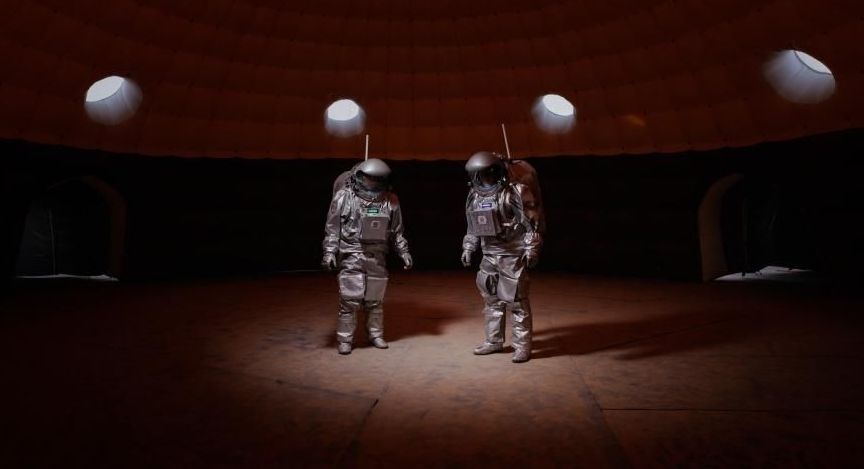
The Vajra (thunderbolt) tradition goes back at least to Amen of the Egyptian Old Kingdom. It passes on through thunderbolt-wielding Zeus/ Jupiter; and is also found in India and Tibet in the Vajrayana (Tantra) tradition. Tantra entails the study of all relevant traditions to determine the best. It contradicts neither science or religion. This C19th Tibetan tsakli is from a group of five Vajragarudas. Several ancient Egyptian emblems that survive in tsakli are given in Hypermodern Magick/ Khemetic Chess (Vol 2 of 3, Mandrake of Oxford series). This type of Buddhism seems particularly suitable for radical futurists.